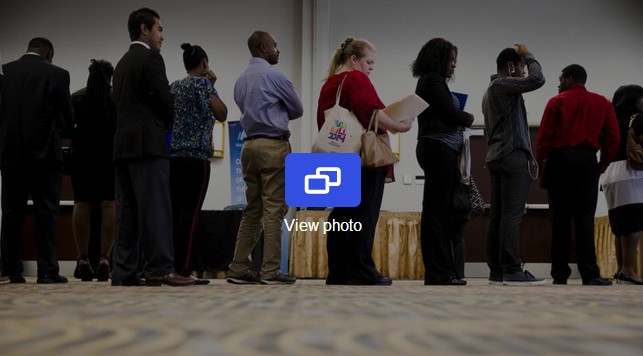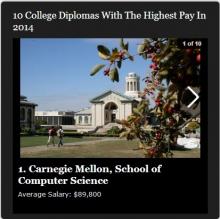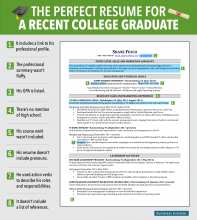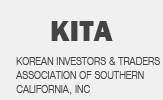WASHINGTON (AP) -- A sixth straight month of solid 200,000-plus job growth in July reinforced growing evidence that the U.S. economy is accelerating after five years of sluggish expansion.
Employers added 209,000 jobs last month. Though that was fewer than in the previous three months, the economy has now produced an average 244,000 jobs a month since February — the best six-month string in eight years.
At the same time, most economists don't think the pace of job growth is enough to cause the Federal Reserve to speed up its timetable for raising interest rates. Most still think the Fed will start raising rates to ward off inflation around mid-2015.
The Labor Department's jobs report Friday pointed to an economy that has bounced back with force after a grim start to the year and is expected to sustain its strength into 2015. Economists generally expect it to grow at a 3 percent annual rate in the second half of this year after expanding 4 percent in the second quarter. Consumer spending is rising, manufacturing is expanding rapidly and auto sales are up.
"There is no doubt that the economy and the labor market have been strengthening," said Sung Won Sohn, an economist at California State University's Smith School of Business. "People are rejoining the labor force. All these factors point to moderate, but sustained economic growth in 2014."
Speaking with reporters Friday afternoon, President Barack Obama declared that the economy "is clearly getting stronger. ... Our engines are revving a little bit louder."
In an encouraging sign, more people without jobs have started to look for one — a shift that nudged up the unemployment rate in July to 6.2 percent from 6.1 percent in June. Most of those who began searching last month didn't find jobs. But the increase suggests they're more optimistic about their prospects. The jobless aren't counted as unemployed unless they're actively seeking work.
Americans' paychecks, though, are barely growing. That helps give the Fed leeway to keep its benchmark short-term rate near zero without worrying so much about higher inflation.
Investors were unimpressed by Friday's data. The Dow Jones industrial average fell 69 points, and broader indexes also dropped. The yield on the 10-year Treasury note dipped, suggesting less concern about a Fed rate increase.
Encouragingly, a higher proportion of July's job gains were in higher-paying industries. That's a shift from much of the recovery, which has been marked by outsized gains in lower-paying fields such as restaurants, retail and home health care aides.
Manufacturing added 28,000 jobs in July, the most in eight months. Construction added 22,000 and financial services 7,000, its fourth straight gain. Accounting, bookkeeping and computer networking jobs also showed gains. And architectural and engineering jobs jumped 8,800, the most since January 2007.
"This is particularly important for new college graduates as it suggests that the market for individuals with higher education is finally firming," said Diane Swonk, chief economist at Mesirow Financial.
Job growth is pushing up wages in some sectors. But the increases haven't been widespread.
Ted Toth, vice president of a factory in Pennsauken, New Jersey, that makes parts for satellite, radar and GPS systems, says he has four available jobs that pay from $20 to $32 an hour. But he hasn't been able to find employees qualified to fill them.
His company, Rosenberger North America, raised wages 6 percent earlier this year to fend off efforts by competitors to poach its employees.
"Everybody's stealing from each other," he said.
As hiring has increased and more people have begun seeking work, the proportion of working-age adults who either have a job or are looking for one rose slightly in July from a 36-year low to 62.9 percent. It was the first increase in four months.
The number of unemployed rose 197,000 to 9.7 million. Nearly three-fourths of that increase represented people who resumed their job hunts after previously giving up. The number of people who were unemployed because they had been laid off actually declined in July.
The lack of significant pay increases for most Americans has been a factor hobbling the recovery. Higher pay is needed to fuel consumer spending, which makes up nearly 70 percent of economic activity.
In July, average hourly earnings ticked up just a penny to $24.45. That was just 2 percent more than it was 12 months earlier and was slightly below inflation of 2.1 percent. In a healthy economy, wages before inflation would rise 3.5 percent to 4 percent annually.
Pay has failed to accelerate in part because many Americans are still uncertain about the economy's long-term health, said Mike Schenk, a senior economist at the Credit Union National Association.
Schenk expects wages to pick up once the unemployment rate falls to around 5.5 percent — a level at which some businesses will have to increase pay to keep workers and some employees will be more confident asking for a raise.
"People are still bruised," Schenk said. "I don't think they feel comfortable, generally speaking, walking in and asking for raises at this point."
Many more people are either out of work or are underemployed than the unemployment rate indicates, economists note. That can also keep a lid on pay.
Richard Moody, chief economist at Regions Financial Corporation, notes that 7.5 million Americans who are working part time would like full-time work, up from 7.3 million in January. An additional 2.2 million have stopped searching but would take a job if available.
On top of the 9.7 million people the government counts as unemployed, an additional 9.7 million either want a job or would like more hours. Combined, the three categories make up an "underemployment" rate of 12.2 percent.
That "is still far above any level that could be considered normal in a healthy labor market," Moody said.
Those are the kinds of figures that Fed policymakers were reviewing at a meeting this week, after which they concluded that "there remains significant underutilization of labor resources."
The challenge for the Fed is timing when to raise short-term rates. If it moves too soon to raise rates, the Fed risks choking off early signs of rising wages. If it acts too late to raise rates, it risks causing inflation to surge.














































